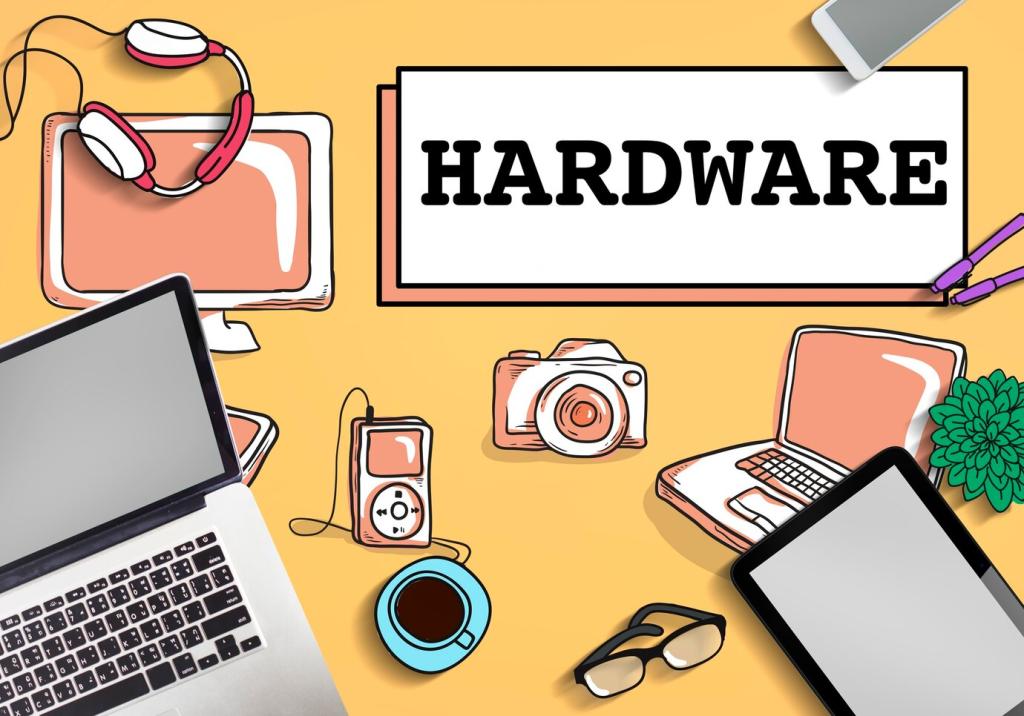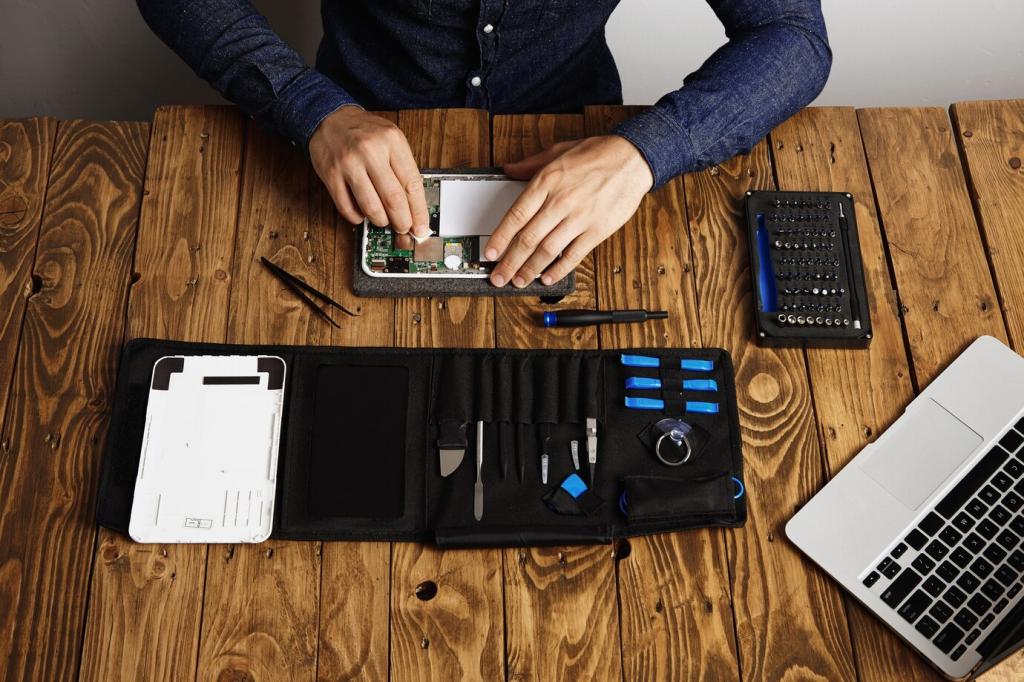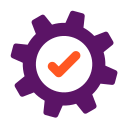Cross-Platform Development: Flutter Best Practices
Choosing a Scalable State Management Pattern
Whether you prefer Bloc, Provider, or Riverpod, consistency beats novelty. Agree on patterns for side effects, error handling, and dependency injection. Tell us which approach helped your team ship faster without sacrificing clarity.
Feature-First vs Layer-First Project Structure
Feature-first improves onboarding and autonomy, while layer-first encourages strong separation. Mix both by organizing features that internally respect layers. Comment with your structure and why it helped avoid merge hell and accidental coupling.
Documentation That Survives Scale
Keep living docs close to code with concise readmes per feature, architectural decision records, and diagrams. Invite teammates to update them during pull requests. Subscribe for templates we use to keep documentation lightweight and trustworthy.
Performance Without Guesswork
Rendering Wisely: const, keys, and rebuild boundaries
Mark stable widgets const, use keys intentionally, and split heavy trees into small, predictable components. We once cut rebuild time dramatically by isolating animated lists. Share your favorite micro-optimization that delivered a visible improvement.
Profiling with Flutter DevTools in Real Projects
Use the timeline, CPU profiler, and memory snapshots before guessing. On a fintech project, profiling reduced cold start by thirty eight percent in two sprints. Follow us for step by step profiling checklists you can apply today.
Images, Assets, and Jank-Free Animations
Precache images, prefer vector formats where appropriate, and use FadeInImage or placeholders to avoid layout shifts. Keep animations under budgeted frame times. Tell us how you balance visual polish with performance across low and high end devices.
Adaptive UI That Feels Native Everywhere
Designing Once, Adapting Per Platform
Lean on Material 3 and Cupertino where they make sense, and abstract platform differences behind adapters. Use Platform aware widgets for navigation and gestures. Comment if your team ships a single design library with platform toggles.
Accessibility and Localization as First-Class Citizens
Test with screen readers, provide semantic labels, and ensure color contrast meets guidelines. Localize strings and formats from day one. Subscribe for our checklist that turns accessibility and localization into a weekly habit, not a heroic sprint.
Micro-Interactions That Respect Platform Norms
Adopt platform expected gestures, haptics, and back navigation behavior. Small touches build trust instantly. Share a moment when a subtle platform specific tweak delighted your users and improved ratings without any marketing spend.

Testing Culture That Actually Ships
Focus on core business logic with unit tests, UI contracts with widget tests, and critical journeys with integration tests. We caught a billing regression before release thanks to one thoughtful integration scenario. Share your must have test cases.



Bridging to Native with Confidence
Define clear method contracts, serialize predictably, and handle versioning. Prefer federated plugins for platform specific implementations. Tell us about a tricky native bridge you simplified with a thin adapter and strong typing.
Bridging to Native with Confidence
Request permissions just in time, provide rationale screens, and test edge cases like denied forever. Align entitlements early to avoid rejections. Share your pre release checklist that kept approval smooth across stores consistently.
Maintainable Code, Today and Six Months Later
Adopt a strict lints set, auto format on commit, and block merges on violations. The result is fewer debates and faster reviews. Comment with your favorite rule that prevented a real production issue recently.
